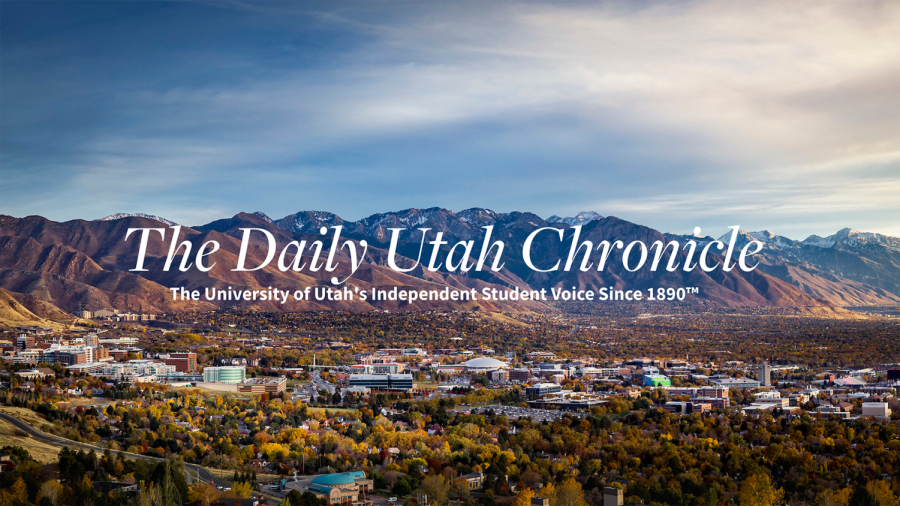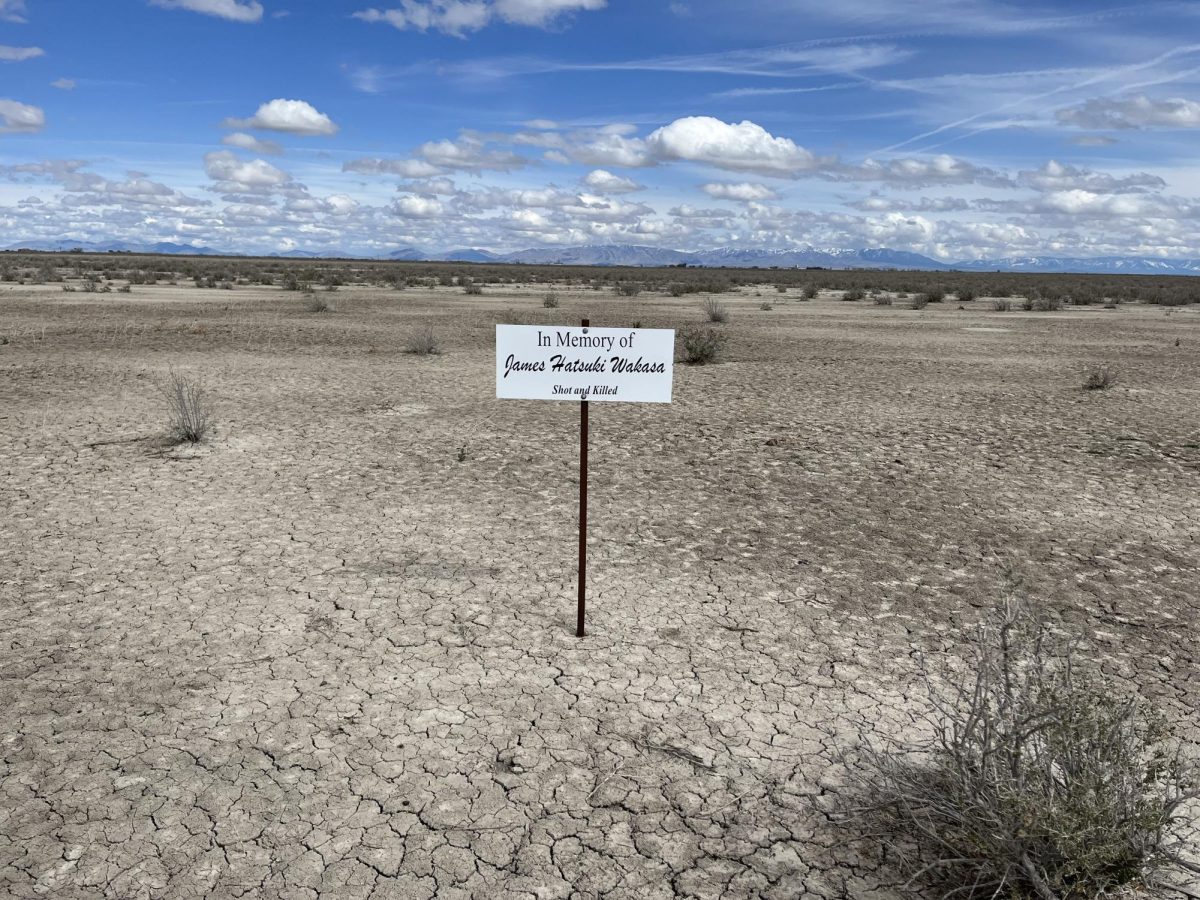Letter: The Cuban People Are Crying Out — Will the World Listen?
July 16, 2021
As a child, the first author and her family escaped from Cuba. They fled to the United States in the middle of the night using a “balsa,” a makeshift raft, and navigated through perilous waters towards safety.
Although this experience was stressful, she was one of the lucky people who remained in the U.S. under the “Wet Foot-Dry Foot” immigration policy, enacted by former President Bill Clinton in 1995. This longstanding policy made it possible for approximately 649,700 Cuban nationals to flee the island’s dangerous and oppressive regime and seek asylum within the U.S. between 1995 and 2015.
Given that residing in a dictator- and military-led country makes it challenging to leave via legal means, the Wet Foot-Dry Foot policy was critical to the wellbeing of Cuban people.
In 2017, this immigration policy was repealed, leaving Cuban people without their most viable source of refuge. One of the few avenues left for Cuban nationals was to seek asylum worldwide as refugees. However, Cubans are often considered refugees leaving their home country based solely on economic needs, which could explain the low number of approved asylum applications for Cuban people. For instance, approximately 61% of Cuban applicants in 2020 were denied asylum by the U.S.
The idea that Cuban nationals are only seeking better economic opportunities is erroneous, especially when considering the effect of the COVID-19 pandemic on the population alongside the current government conflict.
The Cuban population has been greatly affected by the pandemic, with a level 3 (high danger) designation by the CDC and an increasing death toll within the last month. This increase is primarily due to a lack of medication and effective medical treatment available on the island.
For example, following confirmed COVID-19 diagnoses, entire families are being displaced to government-run facilities with appalling conditions. Simultaneously, the Cuban population is undergoing one of the most severe food and water shortages experienced in decades. These pressing issues have led to unprecedented protests on the streets, demanding change, freedom and assistance.
In response, the government has intermittently restricted access to the internet, leaving Cuban people without a vital channel to expose local conditions. Additionally, the regimen has responded by using the country’s military and national police to further intimidate and oppress the people of Cuba.
The military and supporters of the regimen have been ordered to use violent means against unarmed civilians, which they have executed. Thus far, the government has confirmed one dead civilian due to the national police involvement. Yet, through social media, the Cuban people have reported additional deaths as well as accounts of brutality, arrests and over 100 missing people.
It is essential for the United Nations and allies worldwide, including the U.S., to intervene in this emerging crisis to prevent more unfortunate deaths of Cuban people.
To do so, the UN and allied countries should first condemn the atrocious actions executed by the Cuban government. Second, they should intervene by providing direct humanitarian aid, particularly medicine, military support and protection, to help Cubans.
Third, as a swift response to these current events, the countries affiliated with the UN should increase the number of Cuban people granted asylum and refuge via humanitarian relief. These efforts must include addressing the statutory bars on asylum seekers, including the ban on people who crossed through other countries to reach the U.S.
A lack of timely intervention by the UN and allied countries would be an egregious oversight of a current global health issue and human rights violation.
— Lucybel Mendez, Nicolette C. Molina and Kirsten R. Bootes, University of Utah Students







